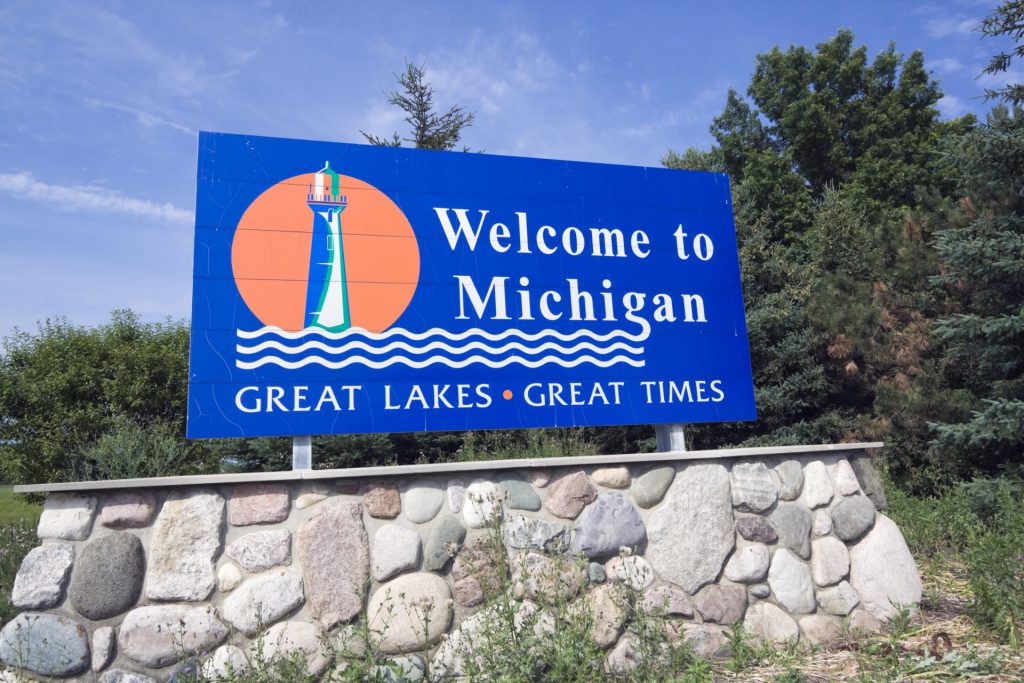The state of Michigan has added Spot Bitcoin ETFs to its pension fund, while disclosing a $6.6 million purchase in the crypto investment vehicle. A recent filing with the US Securities and Exchange Commission (SEC) has revealed the BTC exposure in what could be a growing trend.
This is not the first state to integrate Bitcoin into its pension plans. Yesterday, Jersey City, New Jersey, announced that a portion of its pension fund would be allocated to the purchase of Bitcoin ETFs. The recent Michigan decision could be the first of many states that are set to follow suit.
Also Read: Bitcoin ETFs Get $500M Inflows as BTC Approaches $60,000
Michigan is the Latest State to Disclose Bitcoin ETF Purchase
Throughout 2024, Bitcoin has dominated the discussion in finance. That has primarily stemmed from its exchange-traded product approval issued in January. The monumental move for crypto led the leading asset to a $73,000 all-time high price just three months after its debut.
Now, various states are getting in on the asset. Indeed, the Michigan State pension fund is the latest to add spot Bitcoin ETFs. Moreover, they disclosed a $6.6 million purchase in the leading crypto investment product.
X (formerly Twitter) user MacroScope first uncovered the SEC filing that disclosed the exposure. The user stated, “In an SEC filing this morning, the State of Michigan Retirement System reported owing $6.6 million of the ARK Bitcoin ETF (110,000 shares) as of June 30.”


Also Read: Bitcoin ETFs and Gold Soar: Safe-Haven Assets Enter New Era
This follows a similar development that took place yesterday. Jersey City allocated funds to the purchase of Bitcoin. Jersey City mayor Steven Fulop took to X to discuss the decision. There, he noted that Bitcoin has proven its worth as an asset.
“The question on whether crypto and Bitcoin is here to say is largely over, and crypto and Bitcoin won,” Fulop said. The mayor said he is “a long-time believer” in crypto. Additionally, he called blockchain the “most important new technology innovation since the internet.” There are likely to be several states that follow suit.





